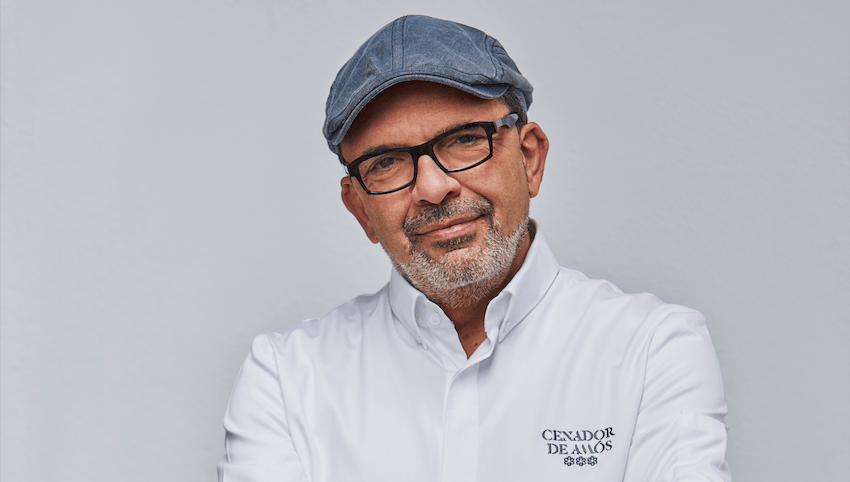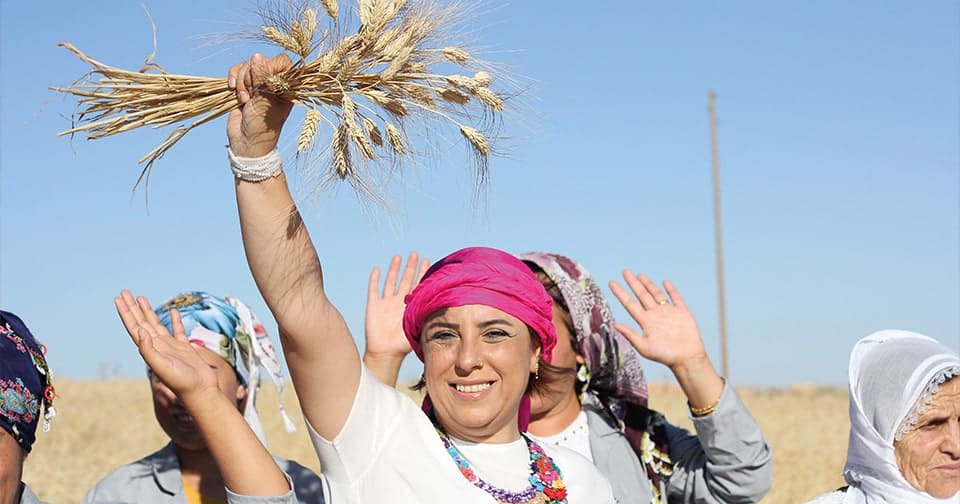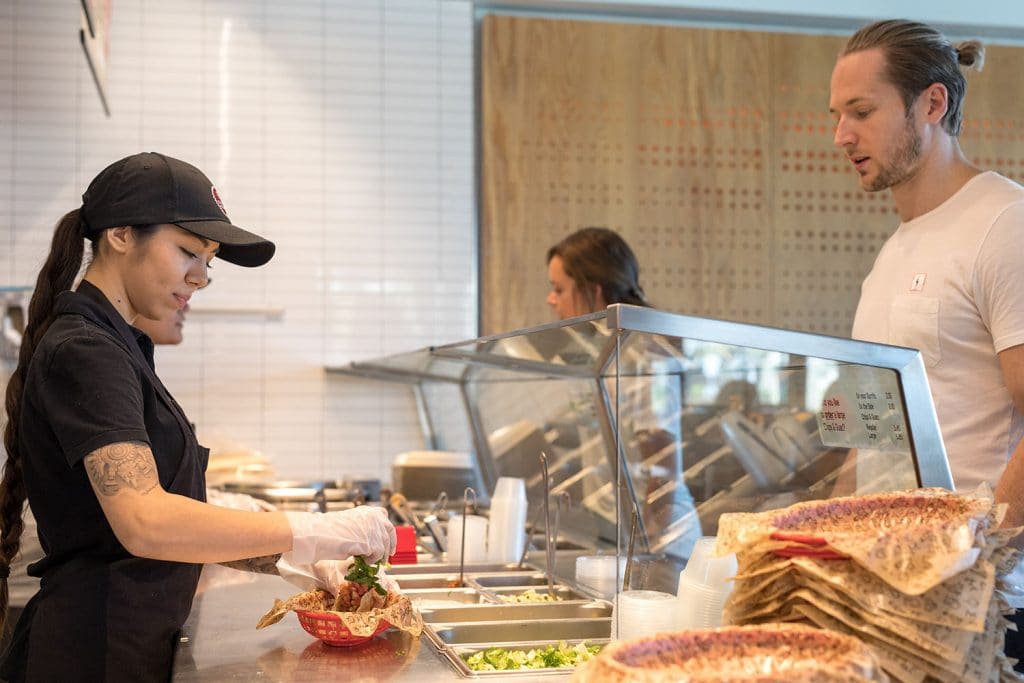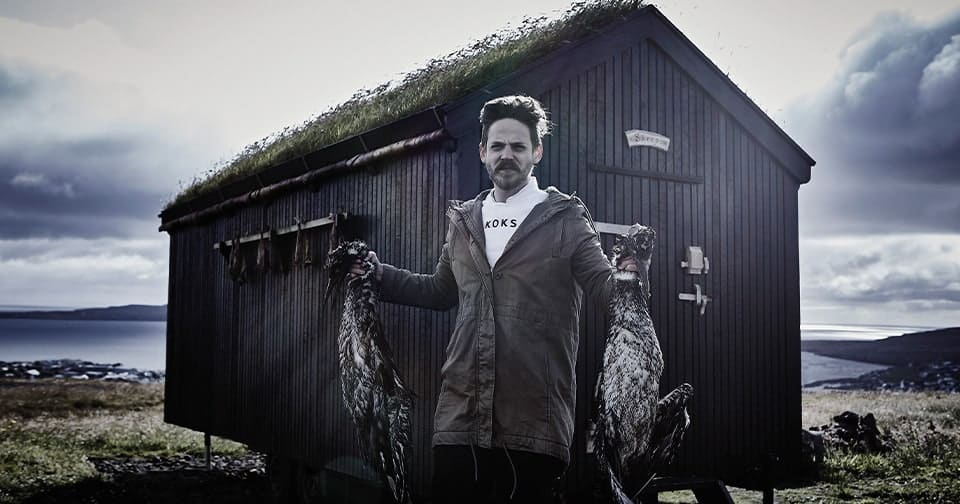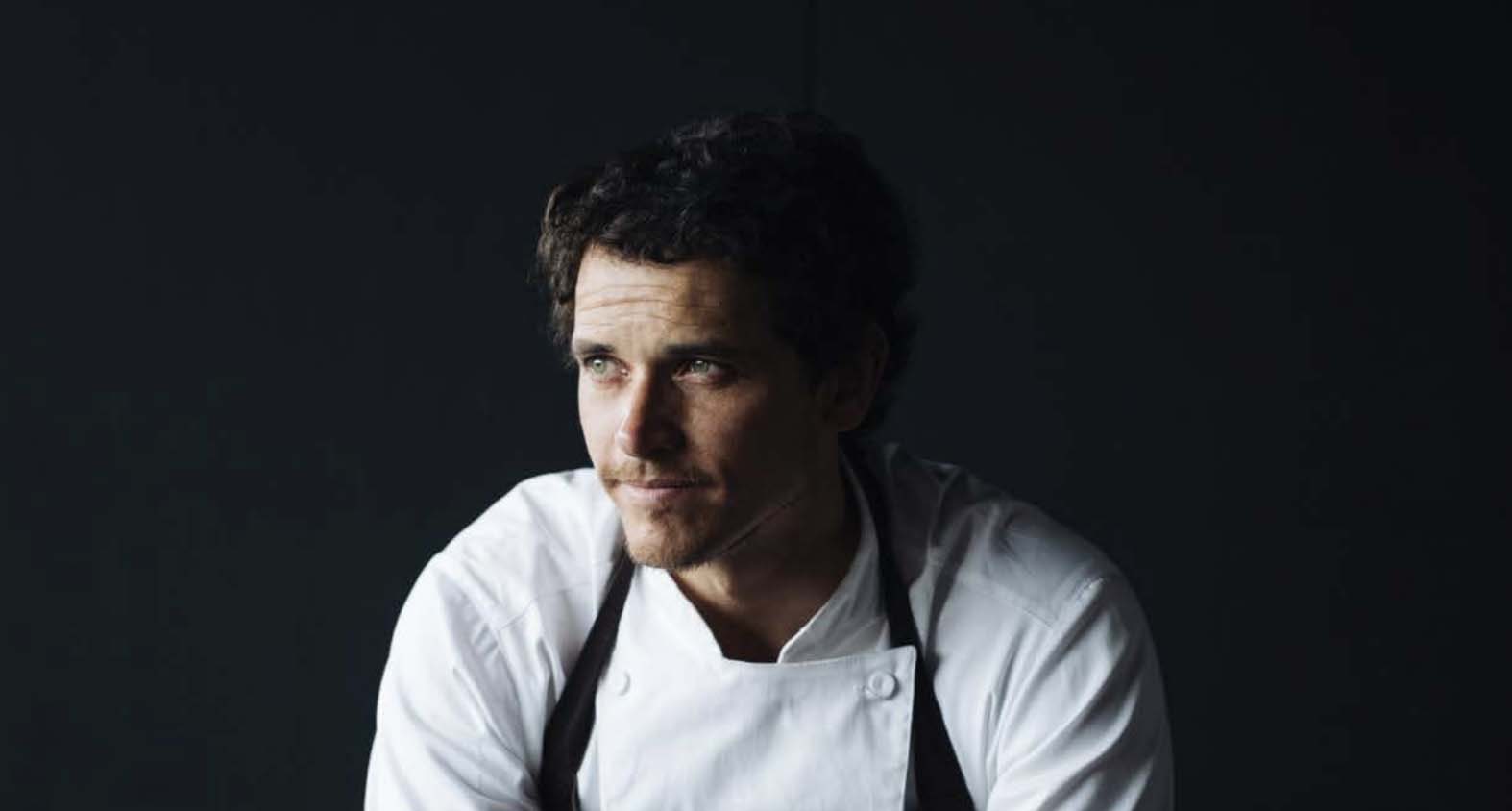
In 2013 when Chilean chef Rodolfo Guzmán got the call telling him that The World’s 50 Best Restaurants would be launching a regional edition for Latin America, he reacted with indifference.
For the previous six years he had worked tirelessly in his restaurant Boragó in the Chilean capital city of Santiago, but was faced with an empty dining room most of the time. He had unsuccessfully tried to sell the restaurant five times and was up to his neck in debt.
“My friend said they would be hosting Latin America’s 50 Best Restaurants in Lima, Peru,” he recalls. “I said: ‘Very good, I wish them the best, I am trying to sell this place, can you help me?’.”
“No,” his friend said, “you are on the list. You have to go”.
Though he was convinced that it would be unlikely to turn around his luck or that of Boragó, Guzmán scraped together the money for the trip to Lima for the announcement that his restaurant made eighth place on the list. “The next day I got a call from my team; they said we were fully booked,” he says. “We didn’t know what it was like to serve a full restaurant, so we were nervous, but we were ready.”
Though he tells this story about the change in fortunes with a sense of humour now, it was not a laughing matter at the time. “For a chef there is no worse punishment or bigger pressure than an empty restaurant,” he says, comparing the story to Cinderella. “We expected nothing and got everything.”
Chile’s natural larder
Elevated to a place among the world’s elite restaurants, today Guzmán is a man in demand. His restaurant, proudly championing Chile’s wildly diverse natural bounty, is now consistently fully booked by diners from across the world and he is a well-respected chef on the gastronomic world map. As we speak, he is preparing for a three-week residency in Madrid where he will be following in the footsteps of chefs including Mauro Colagreco and Grant Achatz cooking at the InResidence pop-up.
It is a journey that started in 2006 when Guzmán first opened Boragó in his home city. At a time when there was no interest in food in Chile, and even less in gastronomy, inspired by a two-year stint in Europe he returned home determined to capitalize on the unique nature of Chile, with an endless supply of ingredients endemic to the country.
Guzmán’s path to becoming a chef started in his formative years. Though he’d not had ambitions to cook, food was a central focal point of family life at home and Guzmán struggled at school. “I wasn’t an academic child, and it just didn’t work out for me in school,” he says.
Later in life he went to the US to save up some money and ended up working in a bakery that served breakfast. He went from pot washer to making desserts, including biscuits and cakes and found that he enjoyed it. On his return, enthused by the experience, his friend suggested he go to cookery school. “I thought why not? It was easier and shorter than a normal degree,” he says. It turned out he was very good at it too.
Those years as a young chef coincided with the transformation of his country – formerly among the poorest in the region. Chile became a dynamic and financially healthy country and it showed on many levels, including in the foodservice sector. “All of a sudden restaurants serving all sorts of cuisines – Italian, Japanese, Spanish, Chinese – started appearing and Santiago became this cosmopolitan city and started to sparkle financially,” says Guzmán.
Dreams of Spain
In step with this, personality chefs were being given an increasing showcase on TV screens and Guzmán went in search of those passionate professionals who were serious about sourcing and cooking. His first cookbook was Thomas Keller’s The French Laundry Cookbook. Yet, he was disappointed when he joined the team in a Santiago restaurant; the chef, he says, was not in touch with his team.
So, when a friend told him what was happening in Spain – hard as it is to imagine today, in those days before social media knowing what happened across the Atlantic Ocean was not a given – his mind was made up. “He told me about this mythical restaurant called El Bulli and this place called the Basque Country and I just thought wow,” he says. “I knew I had to leave this reality that I didn’t want to accept and go to this new world – now that I knew it existed.”
What followed were years of learning and growing in Spain. Though he had first attempted to gain a stagiaire [intern] place at Keller’s French Laundry, he was told US immigration laws didn’t allow workers from his country. So, he went to Madrid and later to the Basque Country. “These were places that helped me dream. I was so happy, and I thought, this is what I am looking for,” he says. “This was the last piece of the puzzle.”
Despite this sense of professional satisfaction and his personal accomplishments, he decided to return to Chile. “I am a person who is led by instinct, and I just felt in my gut that I needed to go home. I thought I will be able to feed people with what I have in my head,” he explains.
He was clear about the mission: to explore Chile’s vast natural larder, with a wealth of ingredients not found in other locations and serve delicious food native to the country.
At the end of 2006 he took on a small restaurant and opened Boragó with excitement and high expectations. It was to be a bumpy ride. “At the time of opening the restaurant I was still in my twenties and my ideals were stronger than my experience,” he says. “I would love to say that I did really well but there were many disasters.”
Learning to love local
The main challenge was that the local diners resisted his concept. The philosophy was simple – this was a restaurant that was 100% Chilean – but it turned out that his intended customer group wanted foreign food, they were much more interested in eating fish flown in from Japan or prosciutto and mozzarella from Italy.
“Let me just say that being a Chilean cook who used ingredients from here that were considered normal and unremarkable was a problem,” he recalls. Charging for local products was illogical – “the price was linked to luxury and luxury was linked with what came from abroad. We had a major problem.”
The suppliers he worked with echoed that view. When the restaurant ordered boxes of wild produce it was met with surprise – this was the food people eat at home, not considered fine dining.
In that context of launching into a serious headwind, he and his chef Hernán Coronado, had no option but to continue. And over time the pair built an extensive hub of documentation as they noted each local product they found and used in the restaurant. “We didn’t set out to document everything, which is obviously quite trendy today, but as we traveled the country to discover how people cooked with ingredients, we built up so much knowledge,” he says. “We have classified and categorized the Chilean food territory. We have discovered things we never thought we’d discover.”
And the homegrown is at the core of Boragó; the milk is milked by the team, they grow their own vegetables just 30 minutes from Santiago, work directly with fishermen and they use a network of over 200 collectors and suppliers around the country to gather every ingredient that is used in the kitchen.
This painstaking approach from day one meant that when the restaurant was suddenly fully booked the team was ready to switch it on immediately – Guzmán had all the information about his country and the team knew how to cook Chilean ingredients.
In 2019 he took it to another level, moving the restaurant to a new location and opening an investigation center using all the research and discoveries from the previous years. The purpose, he says, is to make clear the importance of food to Chilean people. “We have already forged our own path, and we need to make sure that children are happier and eating better quality food,” he says.
Adjusting to the new situation of being fully booked took a while. Struggling to shake off the anxiety from so many years of an empty restaurant, Guzmán continued to visit the office to check bookings on a daily basis. “My colleague who deals with reservations said to me: ‘stop coming here every day, I am fed up with this. Boragó changed; you do your job and I’ll do mine. We’ll pay our debt and you need to cook’,” he laughs.
Journey of discovery
There is no telling which way the restaurant would have gone had the restaurant listing not shone a light on Boragó but operating on his own would not have been sustainable for long. “I had no partners or investors, not even a family member who could support me. I don’t say this as something negative, just that this was the situation,” he says.
Today Boragó occupies 43rd place on the global list and on 15th November 2022 in a ceremony held in Mérida, Yucatán, Mexico it placed 10th on the Latin American edition. The dining room is busy with diners from all over the world enjoying Chilean cuisine served across five seasons – they invented a fifth season in reflection of the diverse and fast changing climate of Chile: summer, fall, winter, pre spring and spring. And what does the gastronomic panorama look like in Chile today?
“I would be lying if I said that this is the new Peru or Mexico because that is not the case. We are on a journey of discovery and the momentum of Chilean cuisine is enormous,” he says. “We are seeing things that we have never seen before, and young people are starting to open their own restaurants. The potential is enormous.”
Few would disagree that Guzmán has blazed a trail for many of those new chefs – his decision to open a restaurant based purely on Chilean ingredients may have seemed foolhardy in 2006, but he must feel vindicated now. “I would love to tell you that I am a visionary person, but the reality is I am a person led by my gut and my instinct,” he says. “Today I will tell you it was all worth it, but it has been difficult.”
He has no doubt, however, that the 50 Best changed everything for Boragó. “We kept moving up the Latin America list and in 2015 we entered the global list,” he says. “Chile never had a well-known restaurant, but suddenly people would travel here just to eat in Boragó and they still do. That changed our lives.”
Tina Nielsen

